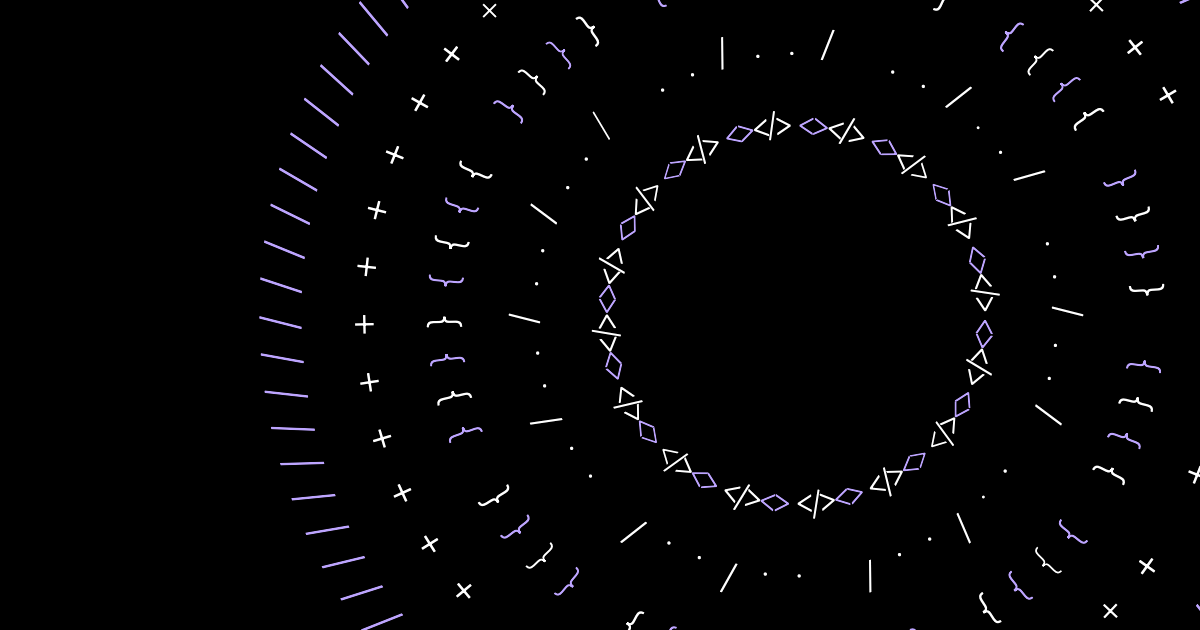
In January 2023, we began experimenting with OpenAI’s GPT-3.5 API to determine how we could enhance our documentation platform and make our website more user-friendly. We saw potential for uses such as summarizing documentation pages, explaining existing code samples, generating examples for pages lacking them, and generating unique code examples that combined different technologies according to user queries.
We also saw that other developer-focused companies were investing significantly in and building products on top of the technology. With MDN’s documentation being publicly available under an open Creative Commons license, and considered best-in-class, it’s reasonable to assume most models have been trained on our content, and products started to be announced which explicitly allowed the consumption of our documentation. This led us to understand that, irrespective of our personal feelings, our users already access our content through generative AI. With the support of our community, we are uniquely positioned to learn how AI can augment documentation and how developers use it. Our extensive experience, a willingness to learn, and our network of contributors and subject matter experts place us in a great position to refine this functionality through iteration and feedback.
In March 2023, we focused development on two features that were the most promising given the current state of the technology:
- AI Explain – A way for readers to explore and understand code examples embedded in MDN documentation pages, describing the purpose and behavior of the code or parts of the example.
- AI Help – A conversational interface that offers concise answers using MDN articles related to the user’s questions for contextual help and provides the MDN pages it used to answer the questions as sources. This prototype was built in collaboration with Supabase for the purpose of getting responses tailored to MDN content. We decided to keep this feature behind a login which would require readers to have an MDN Plus account.
We recognized an opportunity with these features to better assist less experienced developers with the intent to be helpful rather than matching our reference documentation’s exact quality and precision. Beginners are new to navigating reference documentation and often turn to other, potentially less accurate, information sources. Learning isn’t an immediate jump to a correct conclusion but an iterative process where we consider incorrect information and discard it as our understanding solidifies. Just as a human might (as an expert or a peer in a learning community) give an incorrect response, it is still ultimately useful as it unblocks, gives our users ideas, and points them to something relevant.


